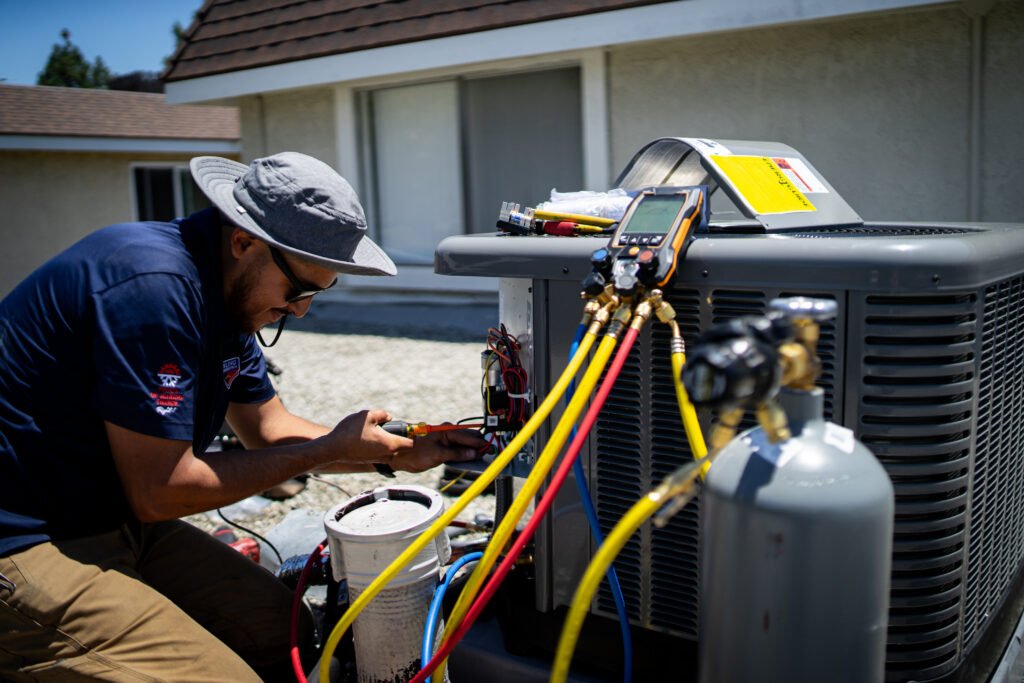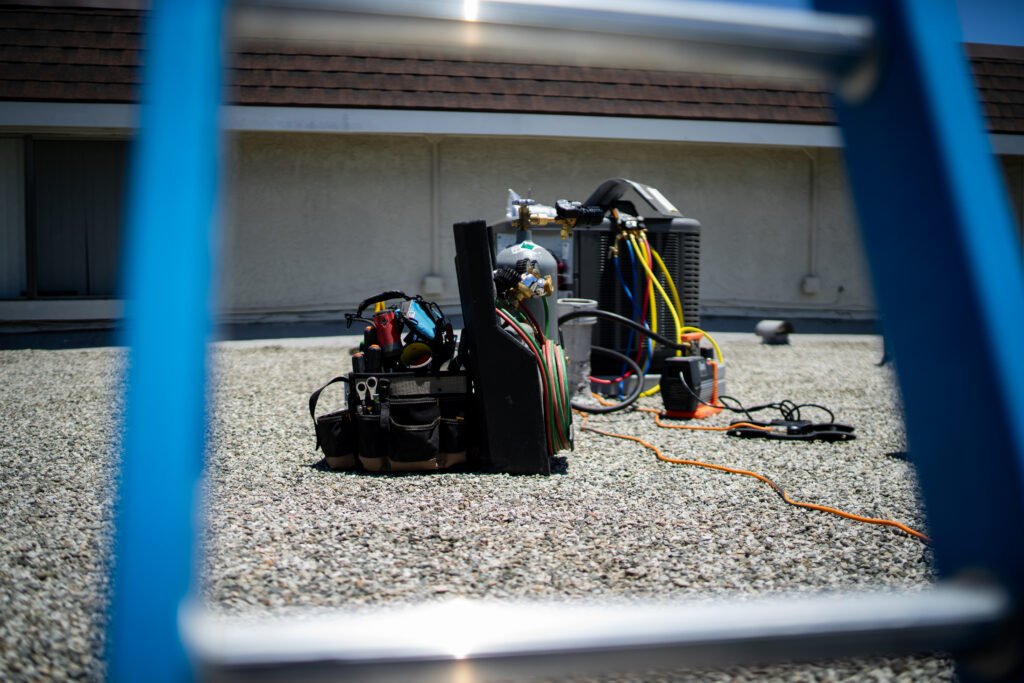
If you’ve ever experienced your AC unit blowing warm air on a scorching day, you know the frustration of a malfunctioning compressor. Understanding how to repair an AC compressor can save you time and money while ensuring your home stays cool and comfortable. In this guide, you’ll learn the essential steps to diagnose and fix common issues that could be affecting your compressor’s performance.
Whether it’s strange noises, poor cooling, or a complete breakdown, knowing how to troubleshoot and repair your AC compressor can be a game-changer. By following the right techniques and safety precautions, you can tackle compressor problems with confidence. Stay tuned to discover expert tips and tricks to get your AC system up and running efficiently again.
Recognizing the signs of AC compressor problems is crucial in maintaining a well-functioning air conditioning system. Here are some common indicators that suggest your AC compressor may be experiencing issues:
By being aware of these common signs, you can promptly address any AC compressor issues before they escalate, ensuring efficient cooling in your home.
To effectively diagnose AC compressor issues, you need to pay attention to specific signs and perform essential checks. Here are the steps you should take:
Inspect your AC unit for any unusual noises such as grinding, squealing, or rattling, as these can indicate potential compressor problems. Listen carefully while the system is running to identify any abnormal sounds that may point to compressor issues.
Regularly check the coolant levels in your AC system to ensure they are within the recommended range. Low coolant levels can affect the compressor’s performance and lead to cooling inefficiencies. If you notice a drop in coolant levels, it could be a sign of a compressor leak or other issues that need to be addressed promptly.
When it comes to repairing your AC compressor, you might be wondering whether you should tackle the job yourself or hire a professional. Here’s a breakdown to help you decide based on your skills, experience, and comfort level with HVAC systems.
If you’re a handy person who enjoys taking on home improvement projects, you may consider DIY repair for your AC compressor. DIY repair can save you money on labor costs and give you a sense of accomplishment. However, it’s crucial to assess your technical skills and the complexity of the repair before diving in.
Pros of DIY Repair:
Cons of DIY Repair:
On the other hand, hiring a professional for AC compressor repair ensures that the job is done correctly and efficiently. HVAC technicians have the expertise, tools, and knowledge to diagnose and fix compressor issues effectively. Consider hiring a professional if you lack the necessary skills or are unsure about handling complex HVAC repairs.
Pros of Professional Repair:
Cons of Professional Repair:
Whether you choose DIY repair or opt for professional help, prioritizing the timely repair of your AC compressor is essential for maintaining a comfortable indoor environment. Assess your capabilities and the complexity of the repair task to make an informed decision that ensures efficient cooling in your home.
When maintaining your AC compressor, there are key tips to keep in mind to ensure its optimal performance. Regular maintenance can help prevent common issues and extend the lifespan of your unit. Here are some essential maintenance tips for your AC compressor:
By following these maintenance tips, you can ensure that your AC compressor operates efficiently and effectively, providing you with reliable cooling comfort throughout the year. Regular upkeep not only prevents costly repairs but also helps maintain a comfortable indoor environment.

Repairing your AC compressor is crucial for maintaining a cool and comfortable home environment. By understanding the common signs of compressor issues and following the provided diagnostic steps, you can address problems promptly and efficiently. Whether you choose to tackle the repairs yourself or hire a professional, timely action is key to ensuring your AC system’s optimal performance.
Additionally, implementing regular maintenance practices, such as cleaning coils, monitoring coolant levels, and changing air filters, can help prevent future issues and extend the lifespan of your compressor. By taking these proactive steps, you’ll not only save time and money but also enjoy consistent cooling throughout the year.
Common signs include the unit blowing warm air, unusual noises, poor cooling performance, frequent cycling, and tripped circuit breakers.
Check for strange noises and monitor coolant levels, as low levels can affect performance and cause compressor problems.
Weigh the pros and cons of each approach, considering your skill level and the complexity of the problem. Timely repairs are essential.
Keep surroundings clean, change air filters regularly, inspect and clean coils, monitor coolant levels, and check for leaks to prevent issues and costly repairs.